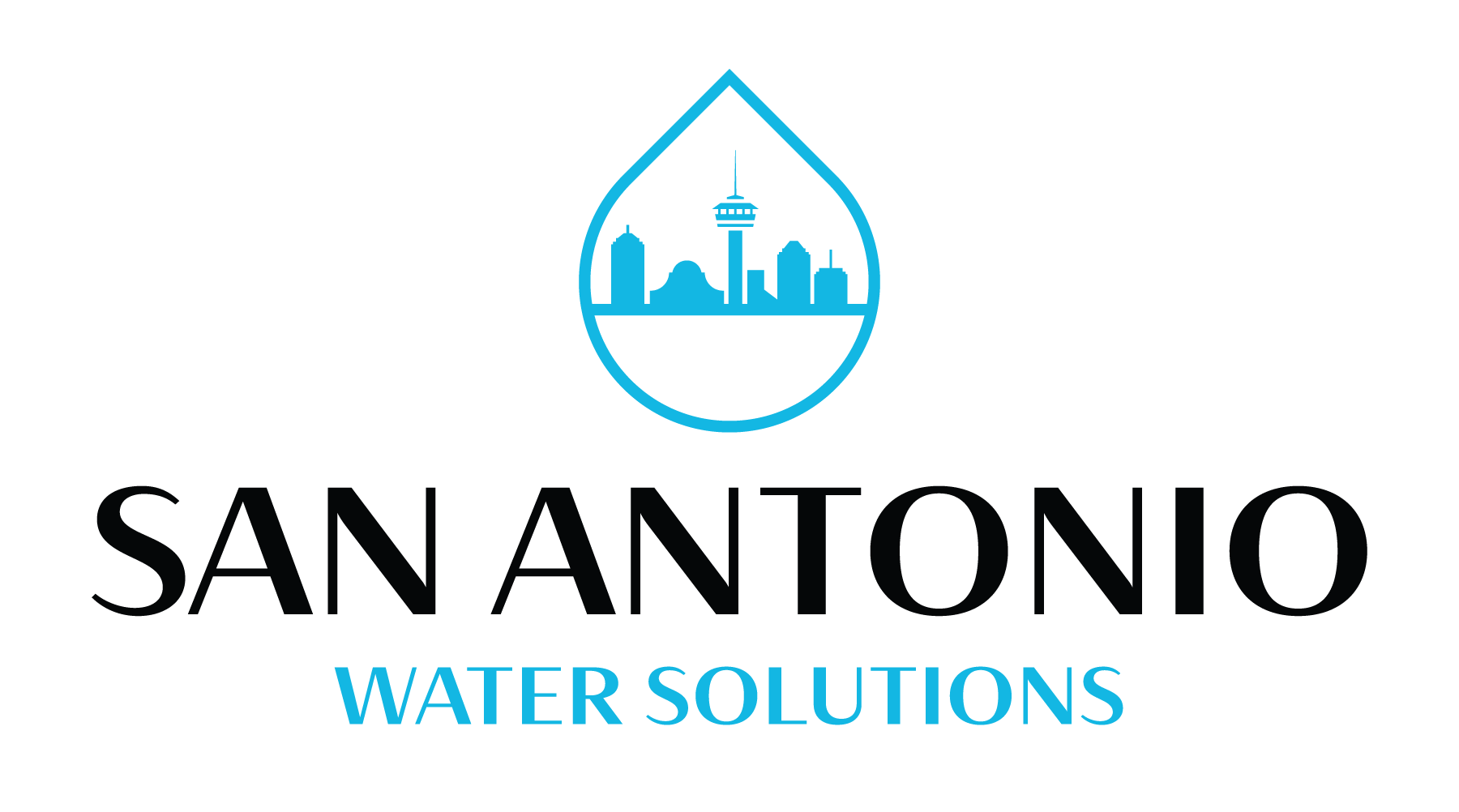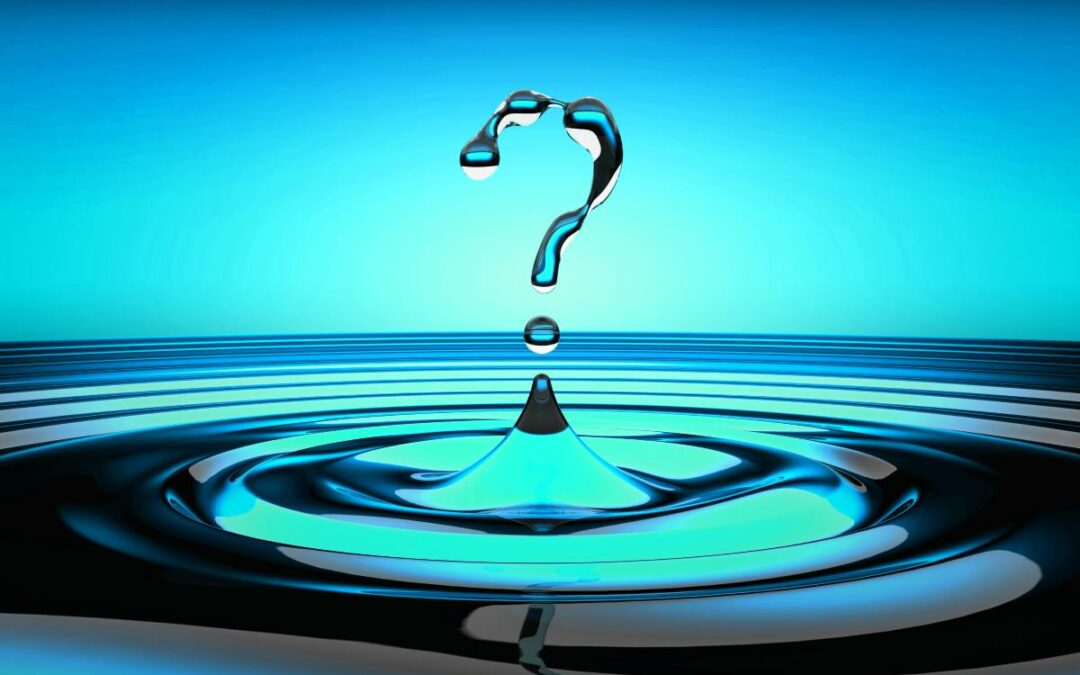While the concept of water hardness might seem simple on the surface, it can get pretty complicated if you drill down to the details. We get a lot of questions about water hardness such as how it’s measured and what it means exactly. To address these curiosities, we’ve put together Q&A-style list of water hardness questions—some you may have wondered, and others you may not have thought to ask. We hope this clears up all your concerns about water hardness!
How is water hardness measured?
Water Hardness is measured on a scale from 0 to 14, with 0 being soft water and 14 being extremely hard. The scale is based on the degree of hardness in comparison to pure distilled water, with 10 being “hard” as defined by its measurable properties. The scale is a more accurate method of measuring hardness than simple boiling point due to the relationship between boiling point, temperature and pressure.
What is a water filter’s Purification Grade?
Filters are used to remove compounds such as minerals and organic compounds that may alter the taste of a water source. The Purification Grade is a measurement of the rate at which solids leave the filter after filtration. The higher the grade, the better the filtering efficiency.
What do “coagulation” and “clarification” mean?
In the manufacture of water softeners, coagulation and clarification refer to two processes that take place. Coagulation is a process in which calcium carbonate (CaCO), a sediment or scale forming mineral, is precipitated from water to form aggregates. This is not always desirable as it can create hard sand-like deposits.
Clarification is the process of removing suspended or colloidal material from water. This can be achieved by various methods including utilisation of flocculants (such as polyelectrolytes), coagulants and filtration. The American Water Works Association defines clarification simply as a process to remove turbidity in water, while the Australian Drinking Water Guidelines define it as removal of particles that could be seen by the naked eye in drinking water. A process is known as “bleeding” if a softener drip valve is opened as the water passes through it.
Is there a standard for measuring water hardness?
The American Water Works Association publishes recommendations for hardness of water, as well as recommendations for adding dissolved salts commonly used by water companies. The AWWA recommends using a minimum of 14 on the hardness scale.
How hard is too hard?
The water softening industry standard recommended maximum hardness for drinking water is 100 parts per million. This can be compared to metals such as lead: 0 ppm (0 mg/L) of lead in water is defined as having no adverse health effects, whereas 10 ppm (1 mg/L) of lead will cause serious harm to the organism. The National Health Service in the UK has recommended a maximum hardness level of 10 mg/L (10 ppm) for drinking water, while the US Environmental Protection Agency recommends a maximum level of 20 mg/L (20 ppm).
How can I lower water hardness?
Water hardness can be lowered by using a variety of home treatment devices. Water softeners use salt mixed with the hard water to capture the minerals in a brine solution. This process is called ion exchange. Water softeners often take several days to accomplish this exchange.
Is hard water always a bad thing?
Some vendors and advertisements claim that their treatment will remove all hard water minerals and leave the water soft and hair “silky”. However, water hardness is not an indicator of quality, but only a measure of its mineral content. Water often contains naturally occurring minerals such as calcium and magnesium, which cause the water to be “hard”. Some of these minerals are beneficial for health. Before committing to buying a water softener, it’s best to have your home’s water tested by a professional to determine if you can really benefit from one.
Key Takeaway
Water hardness is a complex topic that can involve a lot of specialized knowledge. Even though this list only scratches the surface, we hope it helps clear up any questions about water hardness you might have. If you’re ever in doubt, have a professional test your home’s water and provide recommendations on San Antonio water softener cost. They’ll be able to answer any specific questions you might have. For more information and for a professional opinion, contact San Antonio Water Solutions today! As one of the leadings water softening companies in San Antonio, we would be happy to help!


Recent Comments